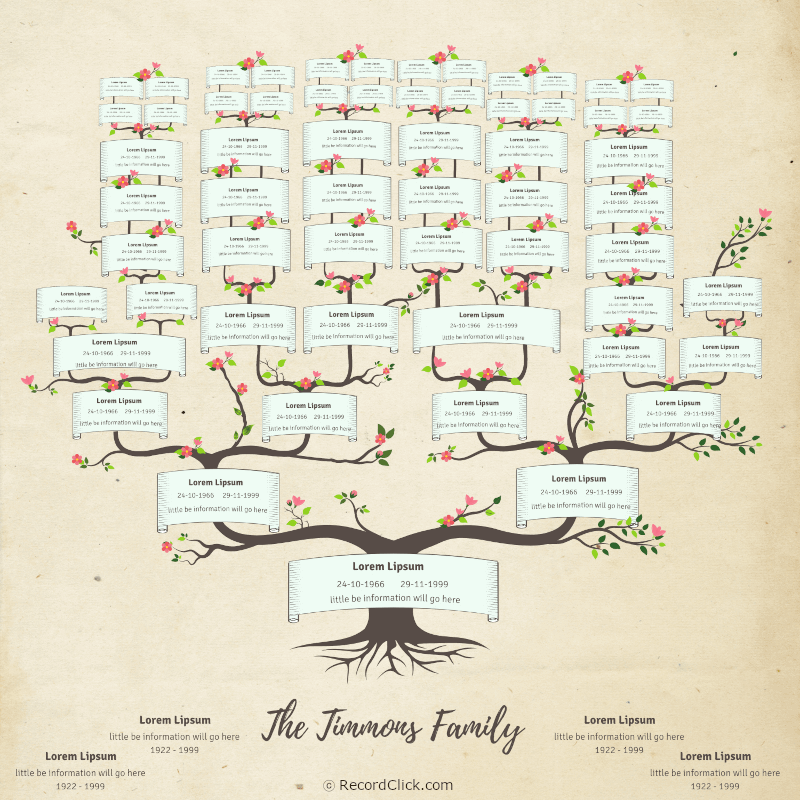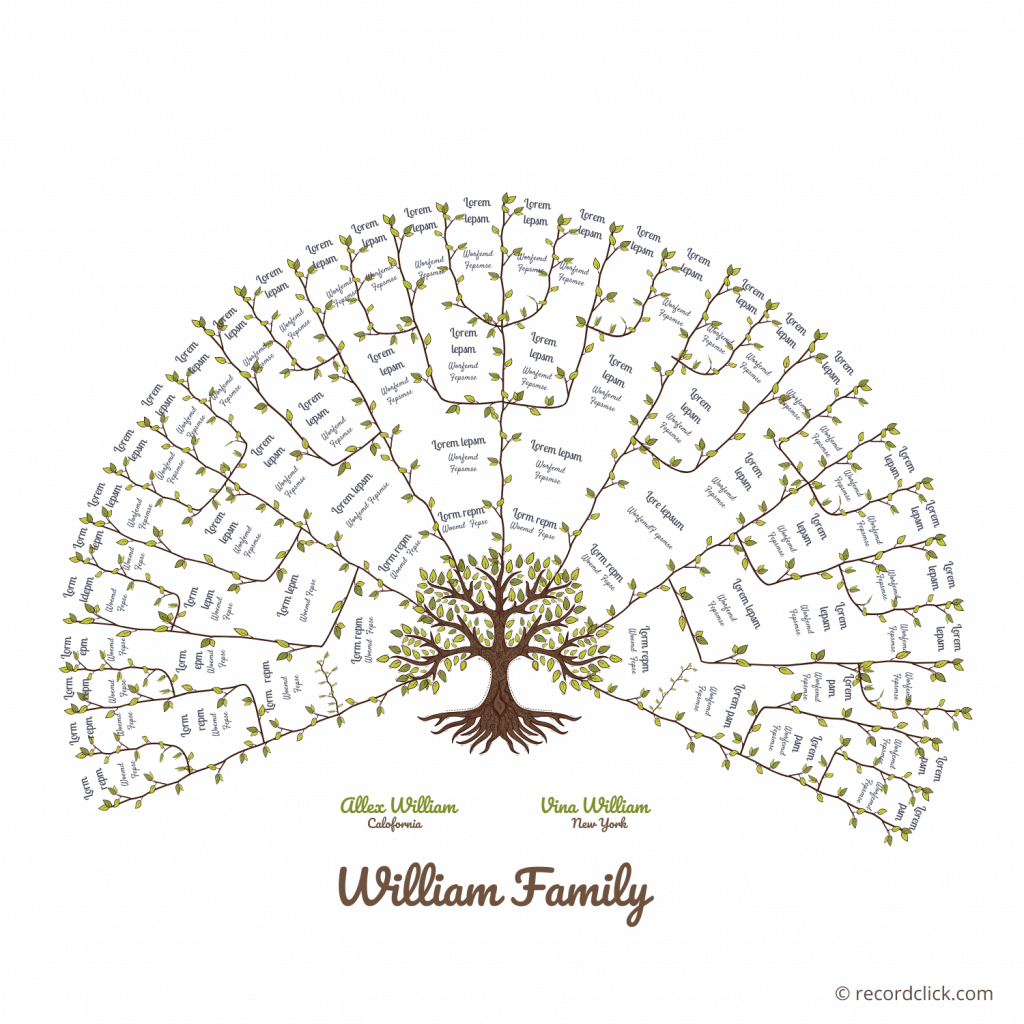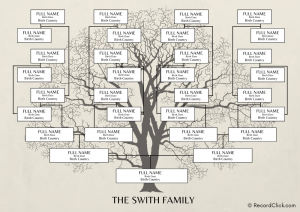German Ancestry – Tracing your German Ancestry in Germany – Resources for German Ancestral Search
We’re a professional genealogy research company. Our German researchers can help you locate records in Germany, complete your citizenship by descent, find your German roots and your German ancestry, locate pictures and ancestral stories, and more…
German Ancestry Researchers in Germany

available
Max
(Holzgerlingen, Germany)

available
Matteo
(Munich, Germany)

available
Tilda
(Essen, Germany)
Hamburg / Germany
Frankfurt / Germany
Read: German Citizenship by Descent
Table of Contents
Schnitzel & Noodles with a Side of Research Strudel
The author’s ggg-grandfather Herman was from Westfalen (Westfalia) located in the northwestern part of Germany/Prussia. 1850 map of Germany: courtesy of the American Geographical Society Library, University of Wisconsin-Milwaukee Digital Map Collection.
Those of you family history researchers who are tracing your German ancestry know that the process can be challenging to say the least. If it’s any consolation, you’re not alone. A large portion of U.S. citizens have some tie to Germany. In fact, according to the 2010 United States Census, Americans of German descent now number about 50 million and are the United States’ #1 ancestral group.
The Germans started coming to Colonial America in the early days of settlement, and they kept on coming. I discovered that my father was full-blooded German, and he and all of his U.S. ancestors lived in the same closely-knit German farming community north of Burlington, Iowa. His ancestors, however, started immigrating to the United States in about 1850; so, as the family genealogist, I had to go about finding where in Germany the family originated. Does this sound familiar to you family history researchers out there who are facing the task of ancestor search in Germany?
At times there is a sense of serendipity when it comes to genealogical research, and my ggg-grandfather Hermann is one of those cases. Information included in early naturalization records was sketchy – because the only real requirement to citizenship was to give up allegiance to a native land and its ruler – and the records are of little value to family genealogists. As time passed, however, information in naturalization records increased; therefore, by the late 1800s, recorded information became more helpful to a genealogical researcher. Because many of my German ancestors became U.S. citizens before 1870 when information on naturalization records was sparse, I had to find other avenues of genealogical research. I knew that sometimes there are clues on a census, if the census taker put down the area in Germany where the individual was from; and newspaper obituaries are also a possibility.
I struck out on all counts. But then there was ggg-grandfather Hermann. He’s buried in St. John’s United Church of Christ Cemetery in Des Moines County, Iowa. Born 24 September 1805 in Germany, he died 1 October 1882. His wife, Anna Catharine was born 8 August 1808 and died 17 November 1886.
The earliest census in which I found the family was in 1860:
- Herman Gesling, 54, b. Prussia
- Catharine Gesling, 51, b. Prussia
- Herman Gesling, 23, b. Prussia
- Hannah Gesling, 18, b. Prussia
- Caroline Gesling, 16, b. Prussia
- Albert Gesling, 10, b. Prussia
- Catherine Gesling, 13, b. Prussia
- Anna Gesling, 5, b. New York
The family came to the United States between 1860 and 1865. They lived in New York for a time before settling in Iowa, and, as immigrants go, Herman and Catharine were a bit older than usual. The couple settled into farm life in their corner of Iowa. The serendipity occurs when Herman died. In about 1880, the State of Iowa began keeping death records. If the individual was an immigrant, often only the country of birth was noted. Herman’s death record had a bit more to say; it lists that he was born in Herford, Germany.
Trace and Explore your German Roots
The thought of researching German records can be daunting because of language and handwriting barriers, but FamilySearch has done some translating, as well as transcribing, to make it easier for genealogists. While doing a marriage search for Herman and Catharine, I discovered that they were married 6 November 1831; Evangelisch (Evangelical/Protestant); Herford, Westfalen, Prussia. To make the family complete, the FamilySearch database of the births/christenings between 1558 and 1898 listed all of the Gesling children (using German spelling “Gösling”) born in Prussia:
- Hermann Heinrich Gösling; Christening: 22 January 1837; Parents: Herm. Henr. Gösling, Anne Cathr. Riepen.
- Hanne Friederike Gösling; b. 19 January 1842; Christening: 23 January 1842; Muenstergemeinde Evangelisch, Herford, Westfalen, Prussia; Parents: Hermann Henrich Gösling, Anne Cathar. Ilsabein Riepen.
- Caroline Friederike Gösling; b. 5 April 1844; Christening: 8 April 1844; Evangelisch, Herford, Westfalen, Prussia; Parents, Hermann Henr. Gösling, Anne Cathar. Riepe.
- Anne Catharine Gösling; b. 26 January 1847; Christening: 31 January 1847; Evangelisch, Herford, Westfalen, Prussia; Parents, Hermann Henrich Gösling, Anne Catharine Riepen.
- Albert Heinrich Gösling; b. 15 February 1850; Christening: 17 February 1850; Evangelisch, Herford, Westfalen, Prussia; Parents, Hermann Heinr. Gösling, Anne Catharine Riepe.
Free German Ancestory Assessment
Tips for a Family Historian
If you are a family historian researching in Germany, there are several tips to remember:
- The first vital records were recorded and maintained by the church. This practice started in the 1500s and lasted well into the 1800s or later.
- Genealogists need to take into consideration naming practices. The bottom line is, however, that many names were used over and over again throughout several generations. The best way to affirm the correct family is being traced is to work with the entire family – parents and children. Using the birth order and birth dates can help clarify a family and its members.
- The FamilySearch Germany, Births and Baptisms, 1558-1898 database lists more than 37 million individuals. It can be very helpful, and it is in English.
- There can be several name forms or spellings. The last names of some of my German ancestors have only minor variations, while two of my family last names have been spelled many different ways.
- Boundaries in Germany have changed many times throughout history. A family researcher should use maps from both the time period that the ancestors lived in the country and modern day to get a perspective on where the old home is located.
Researching genealogy in Germany? RecordClick can help you with your ancestor search. With professional genealogists based in Germany, RecordClick can assist genealogists and family history researchers locate the correct records and documents to help with their ancestor search. Whether it is finding an individual, a place, or a record, professional genealogists in Germany working for RecordClick, can help you.
Staying Organized
Keep in mind, genealogy is a popular hobby for many people, as it can be both interesting and informative. If you’re just getting started, one of the best ways to organize your research is to create a tree. There are several ways to do this, but one of the simplest is to use a printable tree template.
You can find them here: https://recordclick.com/templates/
View RecordClick’s additional blogs on German genealogy:
- German Genealogy – Tips from a German-based Genealogical Researcher
- Trace Your Teutonic Ancestry – RecordClick Boosts In-Country Research for German Genealogy
Sources: U.S. GenWeb; Des Moines County, Iowa cemeteries, St. John’s United Church of Christ. 1860 U.S. Federal Census, State of Iowa, Des Moines County, Flint River Township, p. 227, Dwelling 1613, Family 1514. Des Moines County, Iowa; Death Book 1; p. 28. Compiled by the Des Moines County Genealogical Society. Germany, Marriages, 1558-1929; FamilySearch.org. German, Births and Baptisms, 1558-1898; FamilySearch.org.









